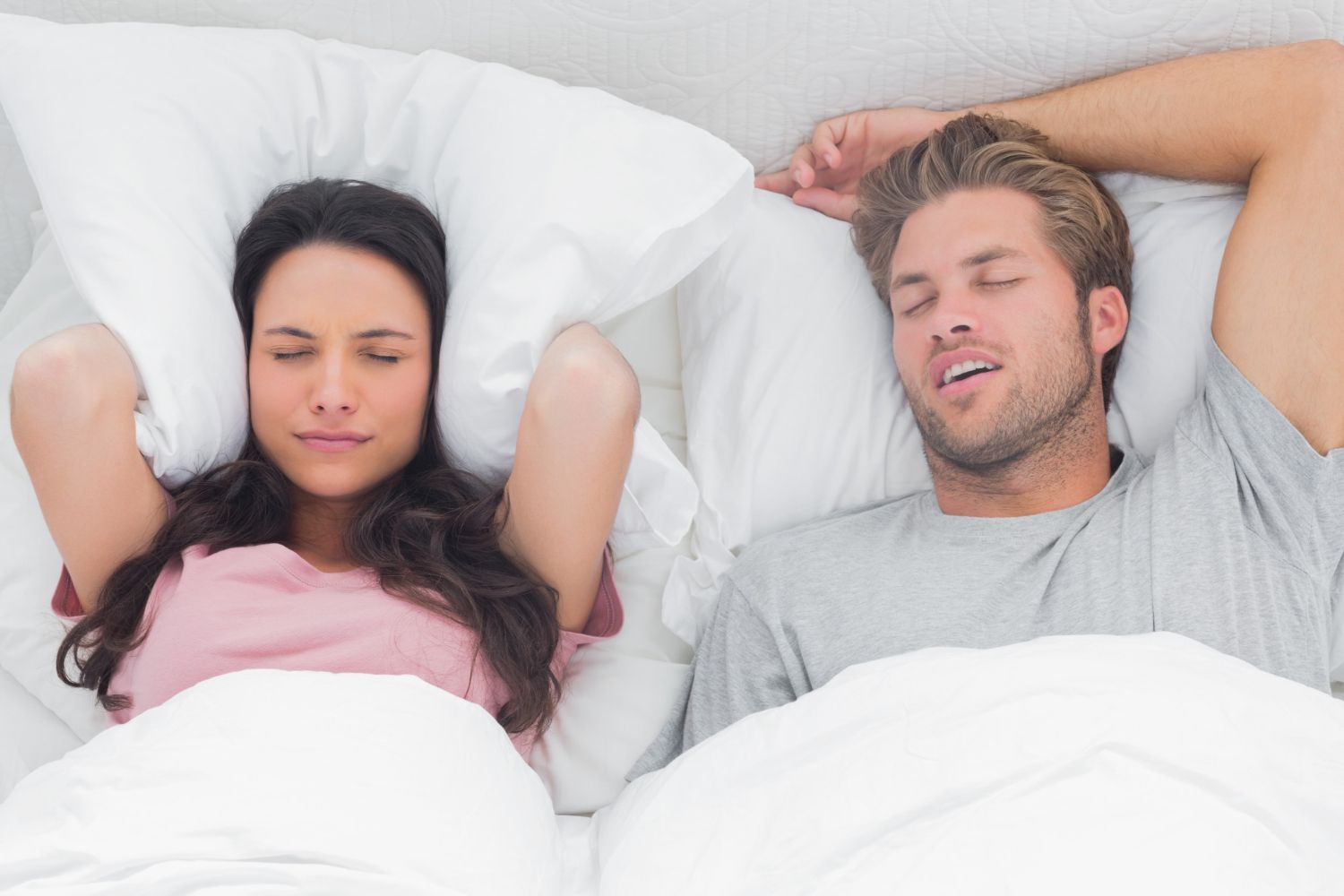Why Fall Allergies Can Trigger Nighttime Snoring

As leaves turn shades of orange and red, fall heralds a cozy season filled with pumpkin spice and cooler evenings. However, for those who suffer from allergies, fall brings an unwelcome guest. These allergies can make the calmest of nights disruptive, often surprising with its link to nighttime snoring. This unexpected effect is more common than you might expect, especially in areas like Harrisburg, PA, where seasonal changes are profound.
Fall allergies can cause discomfort, but their effects on sleep can be more profound, leading to restless nights and persistent snoring. Dr. Fox, known for her expertise in addressing sleep-related issues, offers insights into how these allergies trigger snoring. By understanding these connections, individuals can find effective ways to manage their symptoms and regain peaceful sleep.
Understanding Fall Allergies
Fall allergies are primarily caused by certain plants releasing pollen into the air, leading to a variety of symptoms. In Harrisburg, common allergens include ragweed, mold, and dust mites, which thrive in the damp leaves and cooler weather. As these allergens circulate, they can cause itchy eyes, runny noses, and sneezing fits.
Living in Harrisburg means experiencing pronounced seasonal shifts, which often heightens the presence of these allergens. For residents, this can mean a significant impact on their daily lives, with symptoms sometimes leading to sleepless nights. Imagine trying to fall asleep while dealing with a stuffy nose and frequent sneezes—it's easy to see how these conditions can interrupt your rest.
To better manage fall allergies, keep an eye out for common symptoms such as:
- Sneezing and nasal congestion
- Itchy or watery eyes
- Persistent cough or sore throat
Identifying these early can help in taking steps to minimize their impact, ensuring the vibrant colors of fall don't come with respiratory distress. Offering proactive care, Dr. Fox provides solutions aimed at alleviating these allergy symptoms, thereby improving the overall quality of sleep for her patients.
How Fall Allergies Contribute to Snoring
When allergens like ragweed and mold start circulating in the crisp air of fall, the body reacts by producing histamines. This leads to swelling and congestion in the nasal passages, making it harder to breathe freely at night. Imagine trying to push through a maze with a blocked nose, and you'll have an idea of how it feels for your body during sleep. These conditions can significantly narrow the airways, leading to vibrations or snoring sounds as airflow struggles to pass through.
Even mild reactions can increase the frequency and volume of snoring. It's not just a minor annoyance for those sharing the bed; it could point to more complex respiratory challenges. For a real-world scenario, think of a person trying to rest yet finding it increasingly hard to breathe calmly because of the body's response to these allergens. Every breath becomes a more conscious effort, leading to disrupted sleep patterns.
Effective Snoring Solutions for Allergy Sufferers
If you or a loved one deals with snoring due to fall allergies, it helps to have a few strategies in place to manage the symptoms:
- Home Adjustments: Keep windows closed to prevent pollen from blowing into the house. Use air purifiers to filter the air, and try to maintain a regular cleaning schedule, focusing on dust-prone areas. This can help minimize allergen exposure indoors.
- Medical Interventions: Over-the-counter antihistamines and nasal sprays can alleviate allergy symptoms that contribute to snoring. Consult a doctor before starting any medication to ensure it's right for you.
- Dental Sleep Options: Dental sleep medicine provides various solutions. Dr. Fox and her team focus on custom treatments to tackle snoring, making the nights more peaceful and the airways less challenged for allergy sufferers.
When to Seek Professional Help
Sometimes, despite your best efforts, the snoring doesn't let up. If tackling the allergens leaves you tired and frustrated, you might need to consider a visit to Dr. Fox. Persistent snoring can be a sign of a bigger problem requiring attention. This is especially true if snoring continues despite all measures to manage your allergies. At this point, professional guidance can offer insights you might not have considered.
Talking to Dr. Fox could guide you through personalized options that acknowledge both sleep challenges and the unique aspects of your fall allergies. These solutions aim at improving your quality of rest effectively.
Making Your Fall Nights Peaceful Again
Understanding the link between fall allergies and snoring opens up ways to find relief. By acknowledging these connections, you can think ahead and plan practical approaches that ease airway challenges and focus on restful nights.
Whether it involves simple adjustments at home or engaging with the right doctors for personalized care, taking active steps is key. Don't overlook how daily choices impact sleep quality. Embrace strategies that allow you to enjoy cozy fall evenings, leaving snoring disruptions aside.
If you're dealing with snoring caused by fall allergies, it's time to take control of your sleep. Connect with Pennsylvania Dental Sleep Medicine for personalized options designed to bring you restful nights once more. Dr. Fox and the team are ready to help you explore effective
snoring solutions so you can enjoy peaceful, uninterrupted sleep again.


